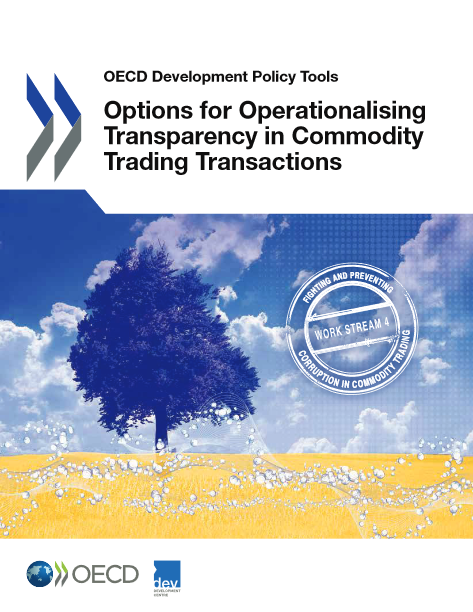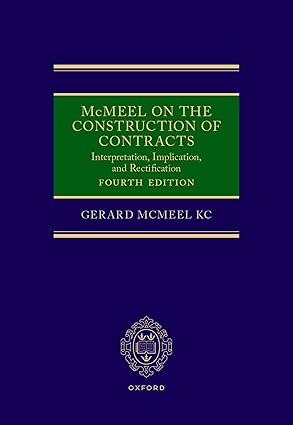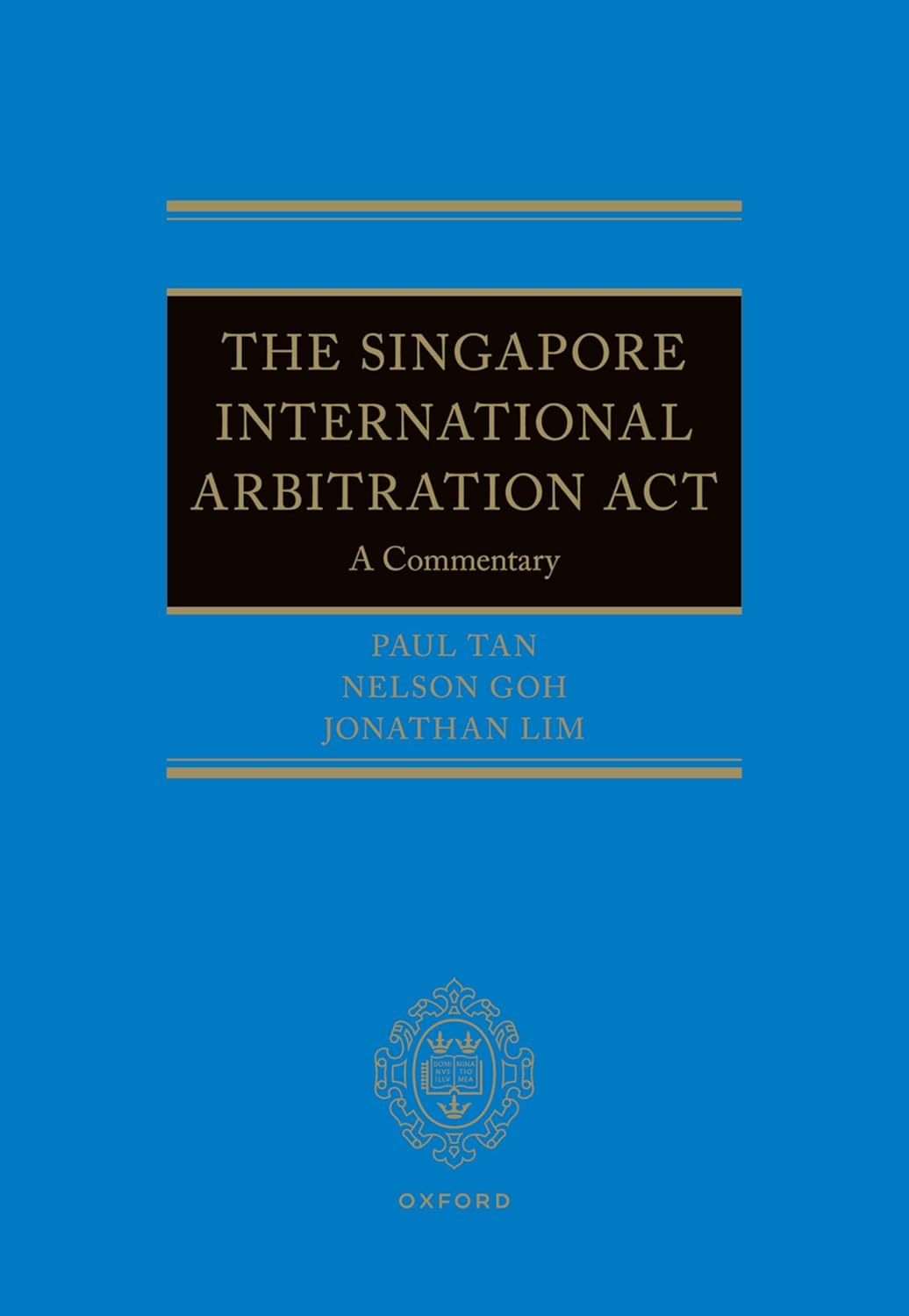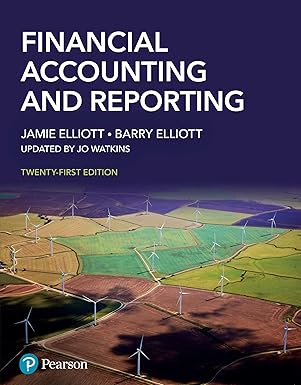At the international level, the development of a global standard on payment disclosure by buying companies could lead to the creation of a level playing field across jurisdictions. This option would allow trading hubs to compete on an equal footing while maintaining high standards of integrity and would reduce the burden on buying companies by harmonising their reporting requirements globally. Furthermore, the public disclosure of comparable and readily accessible data can enable governments, civil society organisations, and other interested stakeholders to have a fuller picture of the revenues that resource-rich countries receive for the sale of their commodities. The 2019 EITI Standard encourages buying companies to disclose payments for the purchase of publicly- owned commodities, and notably Equinor, Glencore, Gunvor, TotalEnergies and Trafigura now disclose information in respect of their payments to governments using the EITI framework. However, on a global basis, such disclosures represent only a tiny fraction of the payments to governments for the purchase of publicly-owned commodities. A global standard on payment disclosure should include the participation of trading hubs and jurisdictions where buying companies are registered in order to enjoy broad multi-stakeholder ownership and legitimacy, and to capture the majority of global commodity sales transactions. Disclosures should be mandatory rather than encouraged in order to increase their uptake by buying companies, and in order to ensure consistency across commodity sales transactions, reporting requirements should apply to both listed and private companies. In the absence of a coherent global standard, home governments, including trading hubs may choose to introduce requirements for companies to disclose information in respect of payments to governments on a unilateral basis – either through the adoption of general regulations or, in jurisdictions where commodity exchanges operate, through specific regulations applicable to companies operating on that exchange. This option would increase public disclosure of the details of commodity sales transactions, but unless aligned with a common reporting framework, such as the one provided by the EITI Reporting Guidelines for companies buying oil, gas and minerals from governments, may increase the reporting burden and compliance costs for companies operating in multiple jurisdictions, and would likely lead to a fragmentation of reporting and challenges with comparability of data by end-users.
چکیده فارسی
در سطح بینالمللی، توسعه یک استاندارد جهانی برای افشای پرداخت توسط شرکتهای خریدار میتواند منجر به ایجاد زمینههای بازی برابر در سراسر حوزههای قضایی شود. این گزینه به مراکز تجاری این امکان را می دهد که در شرایطی برابر با حفظ استانداردهای یکپارچگی رقابت کنند و با هماهنگ کردن الزامات گزارش دهی آنها در سطح جهانی، بار خرید شرکت ها را کاهش می دهد. علاوه بر این، افشای عمومی دادههای قابل مقایسه و قابل دسترس میتواند دولتها، سازمانهای جامعه مدنی و سایر ذینفعان ذینفع را قادر سازد تصویر کاملتری از درآمدهایی که کشورهای غنی از منابع برای فروش کالاهای خود دریافت میکنند، داشته باشند. استاندارد EITI 2019 شرکتهای خریدار را تشویق میکند تا پرداختهای خرید کالاهای دولتی را افشا کنند و بهویژه Equinor، Glencore، Gunvor، TotalEnergies و Trafigura اکنون اطلاعات مربوط به پرداختهای خود را به دولتها با استفاده از چارچوب EITI افشا میکنند. با این حال، در سطح جهانی، چنین افشاگری تنها بخش کوچکی از پرداخت ها به دولت ها برای خرید کالاهای دولتی را نشان می دهد. یک استاندارد جهانی برای افشای پرداخت باید شامل مشارکت مراکز تجاری و حوزههای قضایی باشد که در آن شرکتهای خریدار ثبت شدهاند تا از مالکیت و مشروعیت گسترده چند ذینفعی برخوردار شوند و اکثر معاملات فروش جهانی کالا را به خود اختصاص دهند. افشا باید اجباری باشد تا تشویق شود تا جذب آنها توسط شرکتهای خریدار افزایش یابد و برای اطمینان از ثبات در معاملات فروش کالا، الزامات گزارشدهی باید برای شرکتهای بورسی و خصوصی اعمال شود. در غیاب یک استاندارد جهانی منسجم، دولتهای داخلی، از جمله مراکز تجاری، ممکن است الزاماتی را برای شرکتها برای افشای اطلاعات مربوط به پرداختها به دولتها به صورت یکجانبه - از طریق تصویب مقررات عمومی یا در حوزههای قضایی که در آن مبادلات کالایی وجود دارد، معرفی کنند. از طریق مقررات خاصی که برای شرکتهایی که در آن بورس فعالیت میکنند، قابل اعمال است. این گزینه افشای عمومی جزئیات معاملات فروش کالا را افزایش میدهد، اما اگر با یک چارچوب گزارشدهی مشترک، مانند آنچه در دستورالعملهای گزارش EITI برای شرکتهای خریدار نفت، گاز و مواد معدنی از دولتها ارائه شده است، همسو نباشد، ممکن است بار گزارشدهی را افزایش دهد. هزینههای انطباق برای شرکتهایی که در حوزههای قضایی متعدد فعالیت میکنند، و احتمالاً منجر به تقسیم گزارشها و چالشهایی با قابلیت مقایسه دادهها توسط کاربران نهایی میشود.
ادامه ...
بستن ...
Series: OECD Development Policy Tools
Year: 2021
ISBN: 9789264418356,9264418350,9789264929821,9264929827,9789264986824,9264986820
ادامه ...
بستن ...










